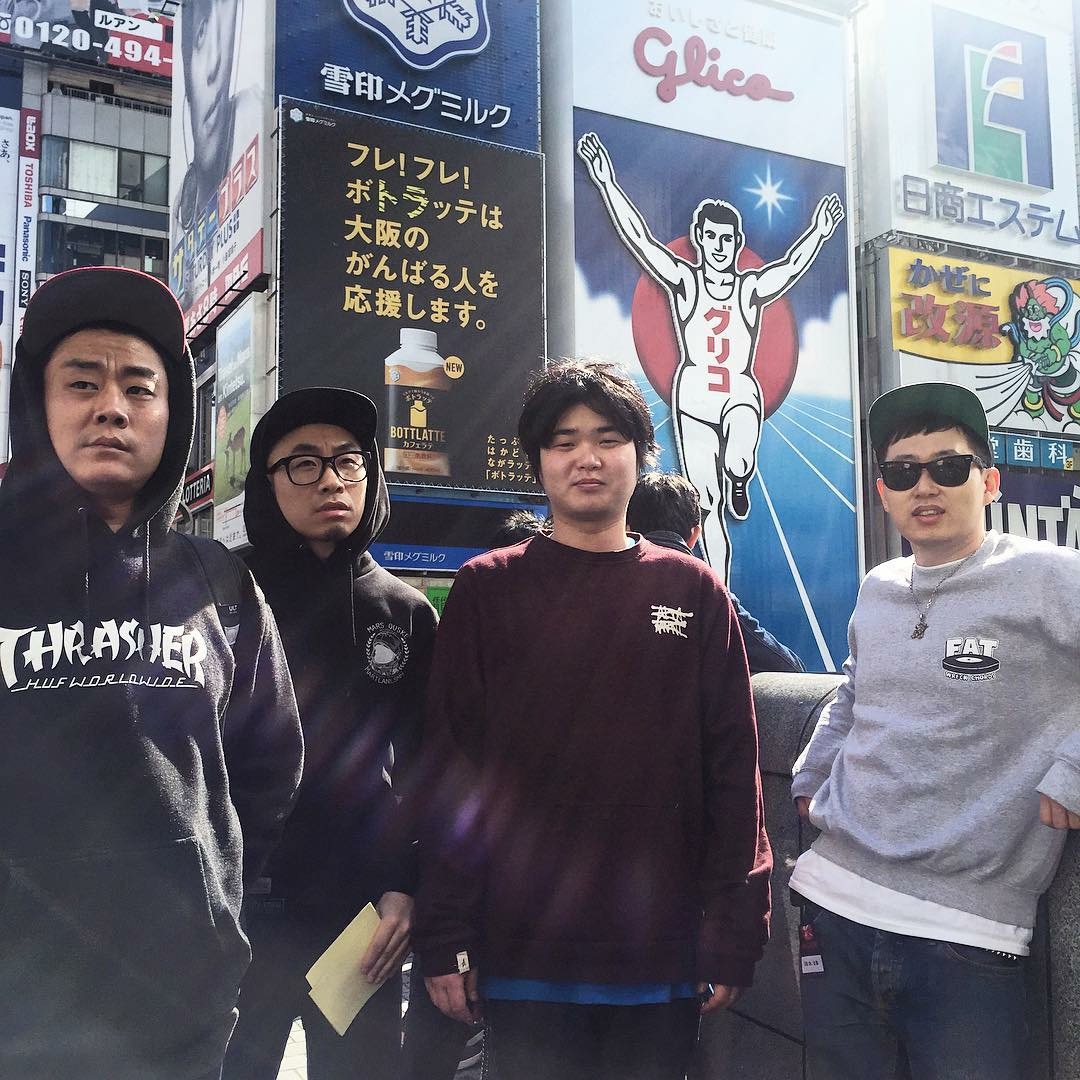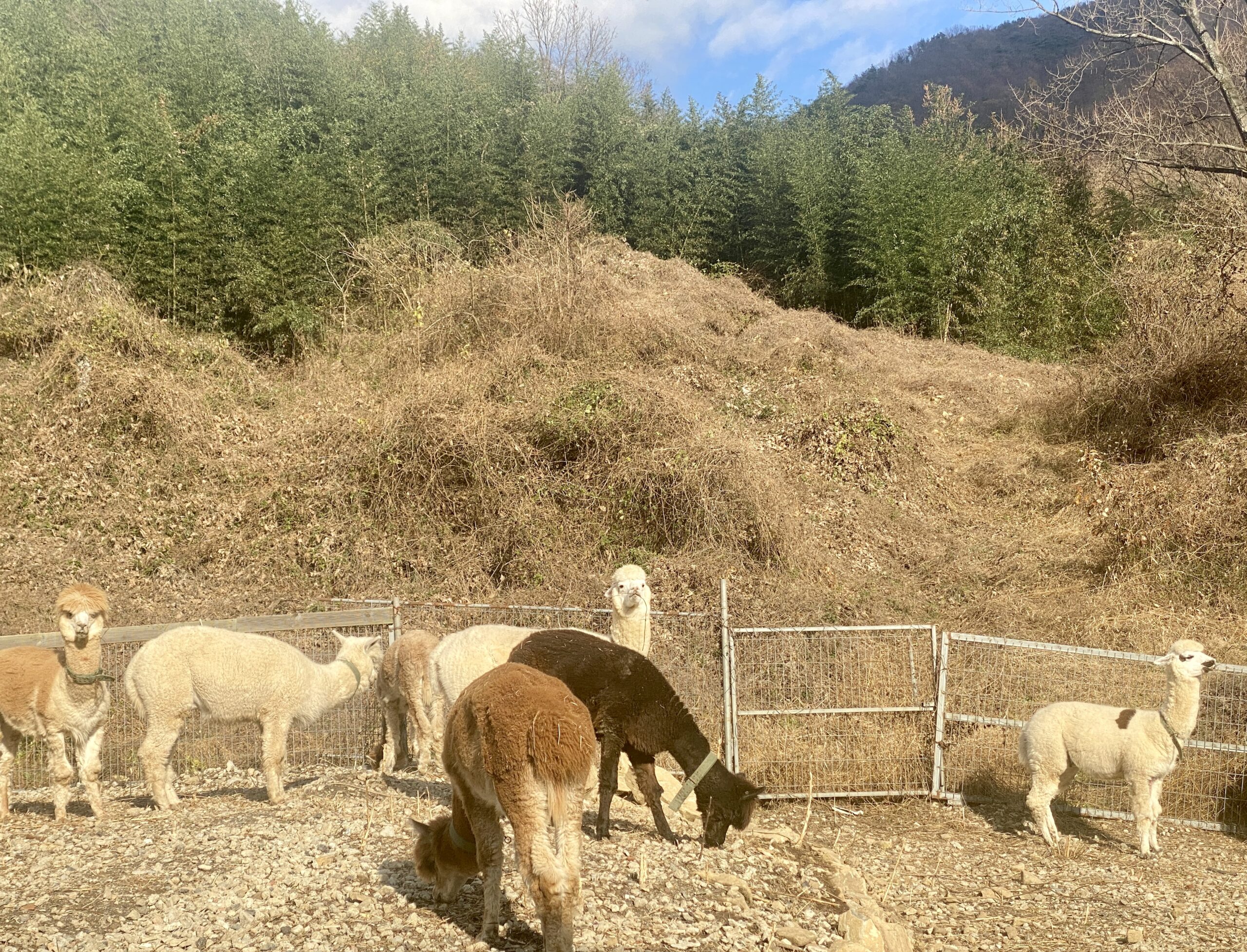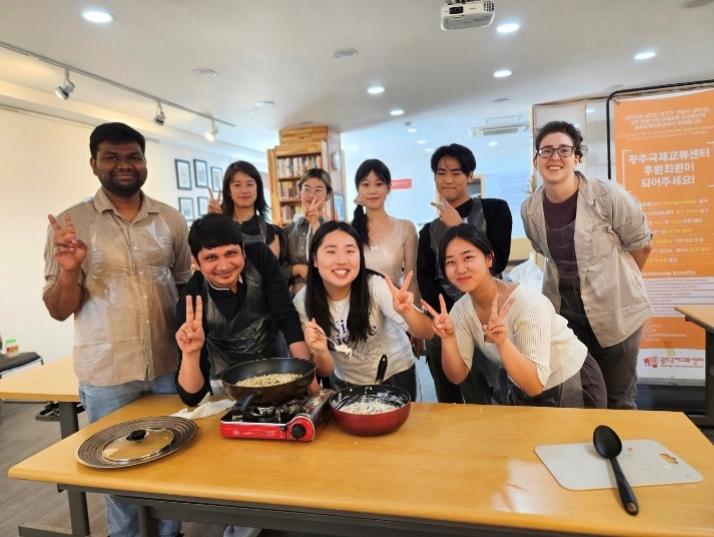A Great Day Serving the Lord: Daily Life As One Of Gwangju’s Mormon Missionaries
You see them downtown, walking to and fro in their instantly recognizable black pants and white shirts with nametags, holding copies of the Book of Mormon; they are the Elders and Sisters of Gwangju, missionaries of the Church of Jesus Christ of Latter-Day Saints – more popularly known as “Mormons” – sharing their message with anyone willing to stop and hear it.
 “Elder” is the title given to male missionaries; female missionaries are of course the “sisters.” You will find them tucked behind NC Wave Downtown, in one of several Mormon churches in Gwangju. The elders and sisters inside are gracious and warmly greet any visitors. For this article, a few of them kindly granted interviews: Mission President Shin, and Elders Kwan and Tolman.
“Elder” is the title given to male missionaries; female missionaries are of course the “sisters.” You will find them tucked behind NC Wave Downtown, in one of several Mormon churches in Gwangju. The elders and sisters inside are gracious and warmly greet any visitors. For this article, a few of them kindly granted interviews: Mission President Shin, and Elders Kwan and Tolman.
The Church allows young men and women to volunteer as missionaries at the age of 18 and 19, respectively. Once they have begun their mission, elders and sisters are assigned a mission companion and spend the first two months at a missionary boot camp, where they learn the rules, requirements and the language of their mission locations. All foreign elders and sisters here are very proficient in Korean, a result of their diligent practice and use of the language every day.
Upon arrival in Korea, elders and sisters change companions and are typically assigned a companion that is a local missionary. This is not a permanent assignment; companions change throughout an elder’s or sister’s mission, though it is possible for a pair to stay together through more than one transfer period. The longest time Elder Tolman spent with a companion was three transfer periods, or 18 weeks. Elders and sisters are required to be with their companions at all times. This means that every six weeks, a missionary faces a potential move where they must pack up their belongings and move to a different area, apartment and companion.
Elders and sisters have an extremely strict schedule. They rise at 6:30 a.m. and have until 8:00 a.m. to prepare for the day, eat breakfast, exercise and groom. Afterward, missionaries spend an hour studying their holy scriptures, first alone and then with their companion for an additional hour. They also take this opportunity to review their planned activities for the day before their language studies, which usually last until 11:00 a.m.
 Afterward, the elders and sisters are expected to proselytize (attempt to convert other people to their faith) until 9:00 p.m. with one-hour breaks for lunch and dinner. Proselytization activities include talking to strangers on the street, visiting current members of the church in their homes, visiting prospective members from appointments made in the street and possibly collaborating with other missionaries for more elaborate displays to attract more attention.
Afterward, the elders and sisters are expected to proselytize (attempt to convert other people to their faith) until 9:00 p.m. with one-hour breaks for lunch and dinner. Proselytization activities include talking to strangers on the street, visiting current members of the church in their homes, visiting prospective members from appointments made in the street and possibly collaborating with other missionaries for more elaborate displays to attract more attention.
Mondays are reserved as preparation days. It is during this time that missionaries do any chores to prepare for the next week. They also e-mail family and the mission president; during the rest of the week, elders and sisters do not use the Internet. They also do not partake in any other media mediums – no radio, movies or books beyond what is approved by the church. Besides the weekly e-mails, they can video-call home via Skype, but only twice a year. Foreign missionaries are also allowed to make calls on Mothers’ Day and Christmas; Korean missionaries, on the Lunar New Year and Chuseok.
When asked about the difficulties that missionaries typically face in their time in Korea, both President Shin and Elders Tolman and Kwan agreed that the language barrier is initially very difficult to overcome. But even in the worst situations, they say, “It’s always a great day serving the Lord.”




